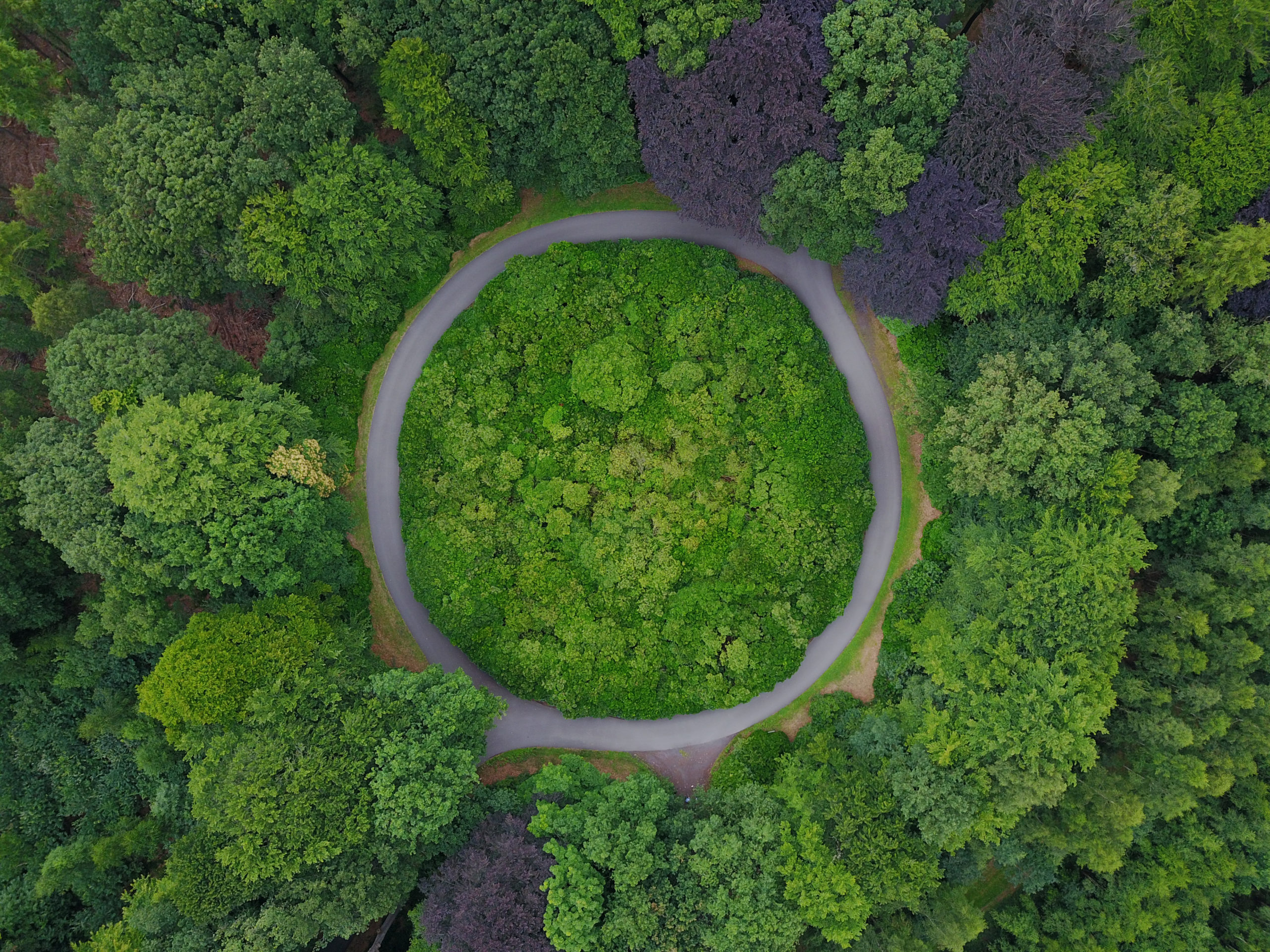
- 07 Jun 2020
The outbreak of the novel Coronavirus came at a time when the world was preparing for a quick transition to a circular economy. In 2018, the United Nations declared plastic pollution as a global crisis. Ironically, amid the virus outbreak in 2020, the World Health Organisation demanded an increase in plastic production, specifically in the form of Personal Protective Equipment (PPE), to meet rising demands.
The high use of PPE by health workers and its increased panic-purchase by the public, have meant that the world should increase its manufacturing of this form of plastic by approximately 40%. Until technology provides an alternative, PPE is the most convenient and reliable solution for personal protection, with a market size of more than $40 billion in 2019. These complications add another variable to the health/economy equation, forcing the global system to balance between public health, economics, and environment.
According to Statista, it can take plastic products from 10 to 600 years to biodegrade in the ocean – based on product type and marine conditions. Cigarette butts and grocery bags are the fastest to decompose, while plastic bottles and fishing lines are the worst. Woefully, this means the environment-saving mission is a very long process with several political and economic factors.
In the absence of a magical solution, the world sees hope in technology, circular economy, green innovation, and social entrepreneurship. For these solutions to work in developing economies and fragile states, much of the responsibility must be taken by international development actors, NGOs, municipal bodies, local communities, and social innovators. More specifically, their responsibility lies in providing the needed tools and resources to educate the economy on the prominence of green innovation, and build the capacity of social entrepreneurs, tech communities, and other stakeholders.
Without a COVID-19 vaccine, the developing world will continue to flounder in full uncertainty, compromising equality, human rights, livelihoods, and environmental sustainability. Similarly, plastic pollution will continue to increase as long as innovation and technology are not put in place to prompt recycling, upcycling, green-products development, and waste reuse.
Due to the clear environmental threat and the lack of attention to green innovation, the Mediterranean project of GIMED – implemented by Leaders International in Palestine – will build awareness, engage relevant stakeholders and investors, and facilitate the access of eco-innovators to capital.
Palestinian entrepreneurs have never yet received the needed support to develop green ideas. Due to the lack of awareness, capital has always been allocated to other sectors that seemed more promising to investors and development actors. As a result, GIMED will build the skills and knowledge of the whole ecosystem to grab attention and make the first footsteps towards the development of a circular economy in Palestine, and other similar economies.
As part of the project, Leaders International will prioritise young entrepreneurs and women to create new job opportunities, as well as encourage investors and key actors in channelling their capital to support innovation and save the environment.
Through similar projects, we hope to bring about social and environmental change. We believe technology has the necessary means to provide the economy with alternatives to plastic and other pollutants. At the same time, we understand that social entrepreneurship does not offer an automatic solution, but rather an approach to minimise the devastating effects of environmental damage.